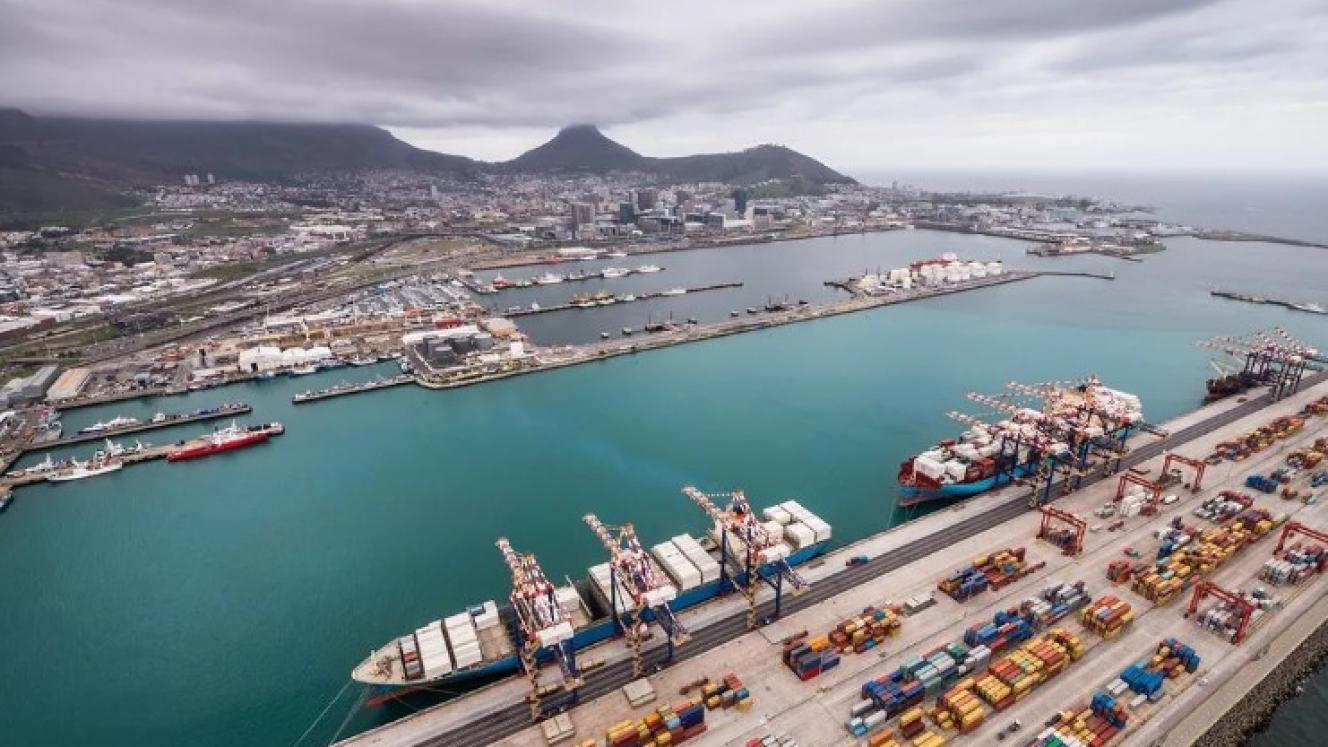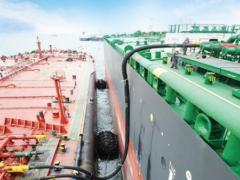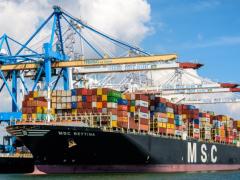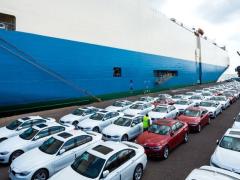In a thorough examination of a column Freight News posted on 12 October by Beulah Ramjith, a senior associate at law firm Rahman & Rahman, CFR Group CEO Martin Keck explains why he has taken strong exception to some of the claims made in the piece titled “Understanding loss or damage claims” (https://tinyurl.com/y68annek).
The neutral consolidator executive says: “While it’s not all completely incorrect, it’s pretty much nonsense and a very simplistic and most definitely incomplete description of information on how to handle claims.”
Keck says that while Ramjith’s opening statement that freight agents are not responsible for cargo loss or damage is correct, his view is that “from there on it gets muddled”.
For the sake of following Keck’s critical assessment of the column, Ramjith’s claims are reposted here as quotes with Keck’s comments in italics.
“The appropriate cargo insurance cover protects a freight transporter for any damage and/or loss to third party goods while in their possession for transit.”
Wrong. Cargo insurance, which I would call marine insurance, covers the cargo owner subject to the terms of sale responsibility of the shipper or consignee to insure their goods. The carrier only has a limited liability as the bill of lading terms.
“Ensure that all your shippers sign a contract to mitigate your risks and losses.”
For our purposes the contract is the bill of lading. The marine insurance contract would be a separate issue.
“Keep in mind that although common carriers are generally liable for loss or damage to the goods they carry, they’re not responsible for losses occurring due to acts of God, war or government; through defaults on the part of the shipper; or for losses resulting from the nature of the goods.”
This is missing the very vital information of limited liability as a carrier.
“How the claim is handled often depends on the amount in question and the history and reputation of the shipper.”
Fair enough. This would go under our “commercial decisions”.
At this stage of his critical analysis of the column, Keck adds that the documents required would be requested through marine insurance as well as carriers.
They include commercial invoices, packing lists, proof of damage supported by photographs, as well as possible confirmation and proof of destruction.
Additional insurance and carriers’ requirements will also be communicated, he emphasises, before making his final comment on one of Ramjit’s claims.
“The carrier has 30 days to either pay the claim or acknowledge the claim and advise the shipper what else is needed to process the claim. The law requires carriers to investigate claims promptly and either settle the claim within 120 days or advise the claimant of any delay and then continue advising the claimant of the status of the claim every 60 days.”
I’m not aware of any official timelines. Don’t think this is accurate.
Finally Keck adds: “All in all, this is really nonsense.”
In the interests of fairness to our contributor, Freight News sent Keck’s comments to Ramjith.
She responded as follows:
“If this person took time out to write back, they probably are quite passionate about what they do.
“Bearing in mind, my article is only a guideline. There are so many contingencies that can affect the liability and risk and further the commercials.
“‘Nonsense is also a very strong word to criticise. I find this quite odd as the comments border on making it ‘personal’ rather than offering guidance.
“The timelines are as agreed and vary per freight forwarder. Everyone knows that.”













